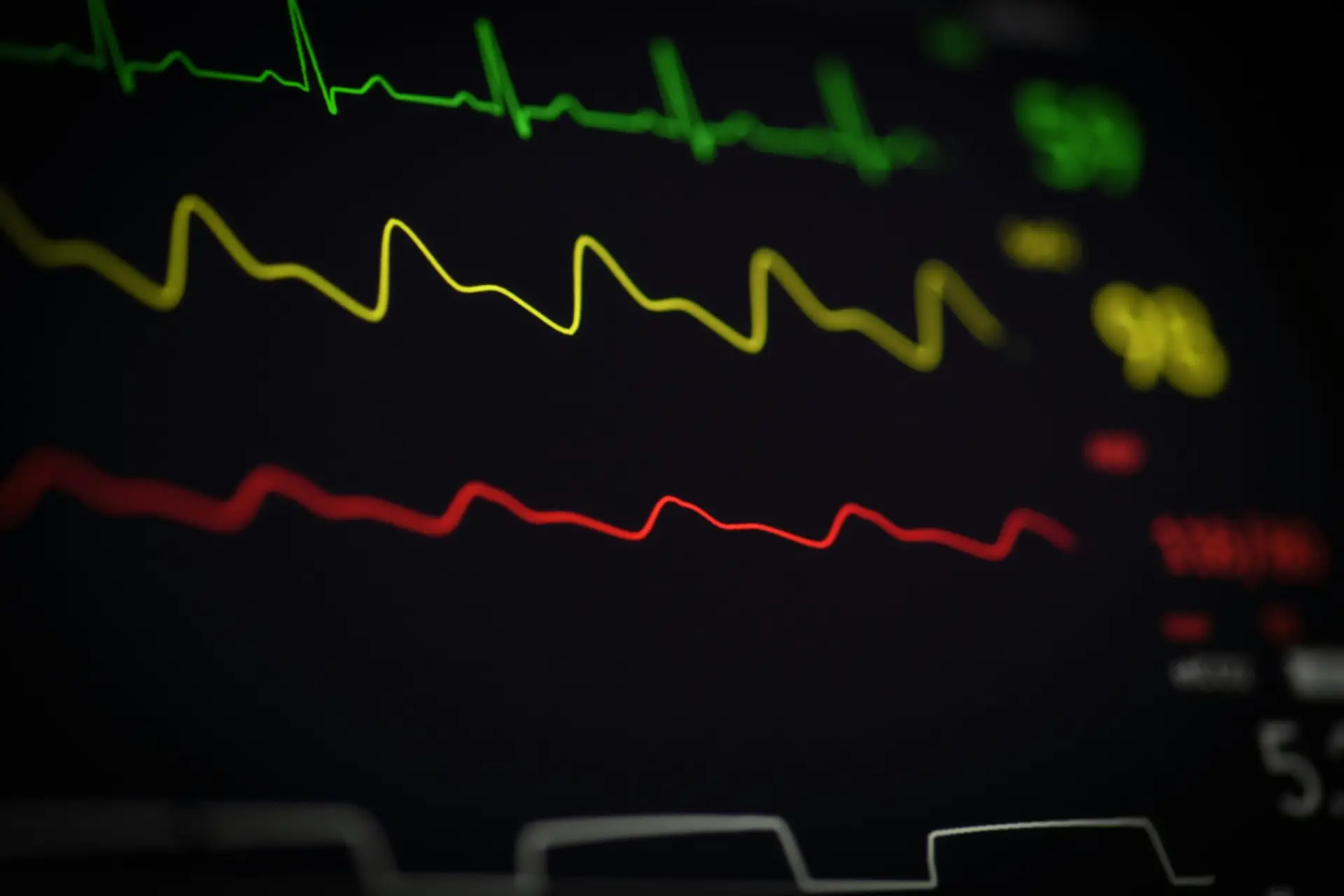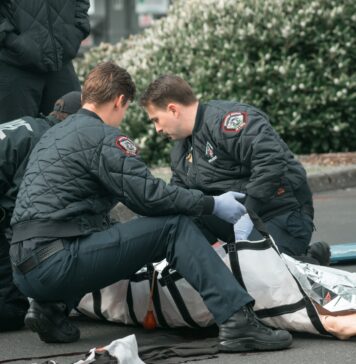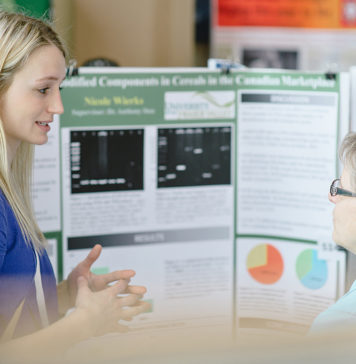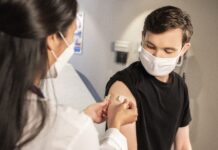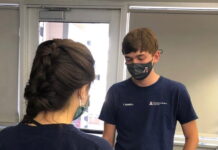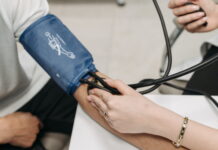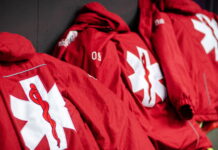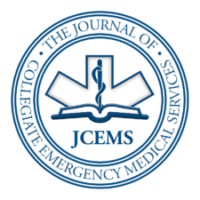Establishing a Collegiate Emergency Medical Service
Ferdowsian et al. share their experience establishing a new EMS team at the Claremont Colleges.
Lessons from Early Vaccination of Campus EMS Providers at the University of California, Davis
Mills et al. highlight UC Davis' experience with the vaccination of campus first responders against COVID-19.
Predicting Patient Volumes at Collegiate Football Games
Renko et al. create a model to predict patient volumes at collegiate football games to help aid EMS in planning.
Assessment of Bystander Intervention on EMS Transport Decisions for Cases of Alcohol Intoxication at...
Looking at a small liberal arts college in New York State, Di Nucci et al. study the impact of bystander intervention on EMS transport decisions for alcohol intoxication cases.
Maintaining Collegiate EMS Readiness During COVID Campus Closures
Alatis and Nable discuss the impact of COVID-19 on campus EMS organizations and how teams can maintain operational readiness throughout the pandemic.
How the Blue Hens are Responding to COVID-19
Amid a global pandemic, JCEMS talks with he University of Delaware’s EMS Squad Director of Public Relations about shifts, PPE, recruitment, and more.
The Relative Importance of Vital Signs in Campus-Based Emergency Services
This study examined the vital signs of patients of the University of Texas at Dallas' BLS response team and compared them to established standards of upgrading to ALS.
A Survey of Canadian, Student-Run Campus Emergency Medical Response Teams
Formosa et al. provide an overview of Canadian student-run campus emergency medical response teams, examining aspects including training, operations, and organizational status.
Interview with University of Dayton EMS
Grace Scharf, the Public Relations Officer of the University of Dayton EMS, shares her agency's tips for organizing a terrific celebration during Collegiate EMS Week.
Inside the JCEMS Team
JCEMS is proud to be managed by a team of all volunteers that includes recognized experts in prehospital emergency care as well as student-leaders. Here we offer an inside look at the organizational structure of JCEMS and share opportunities to join the team.


